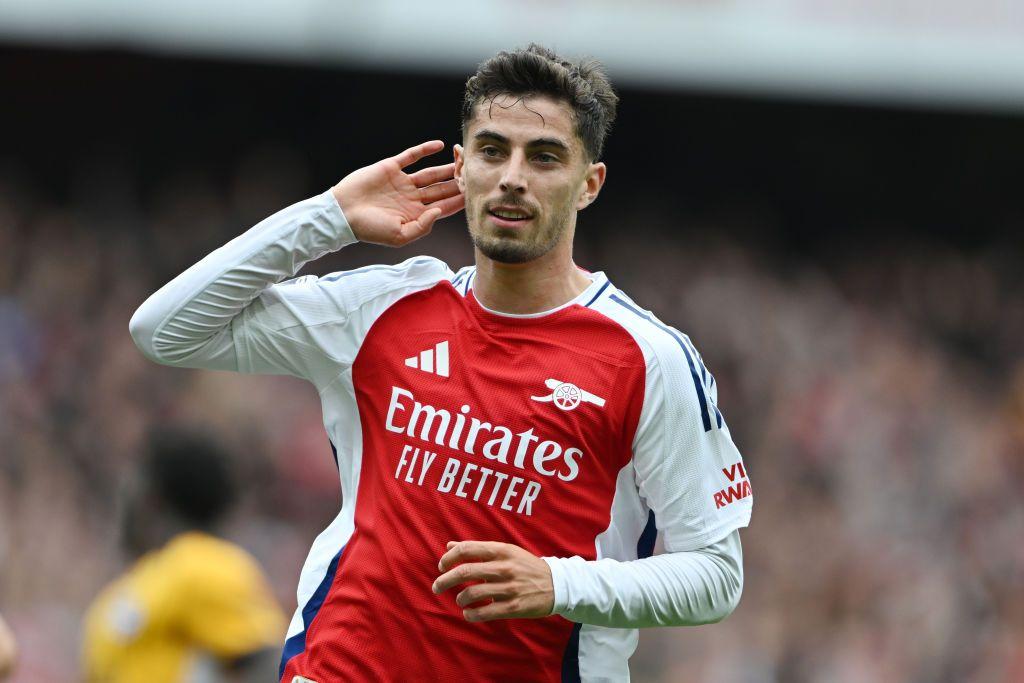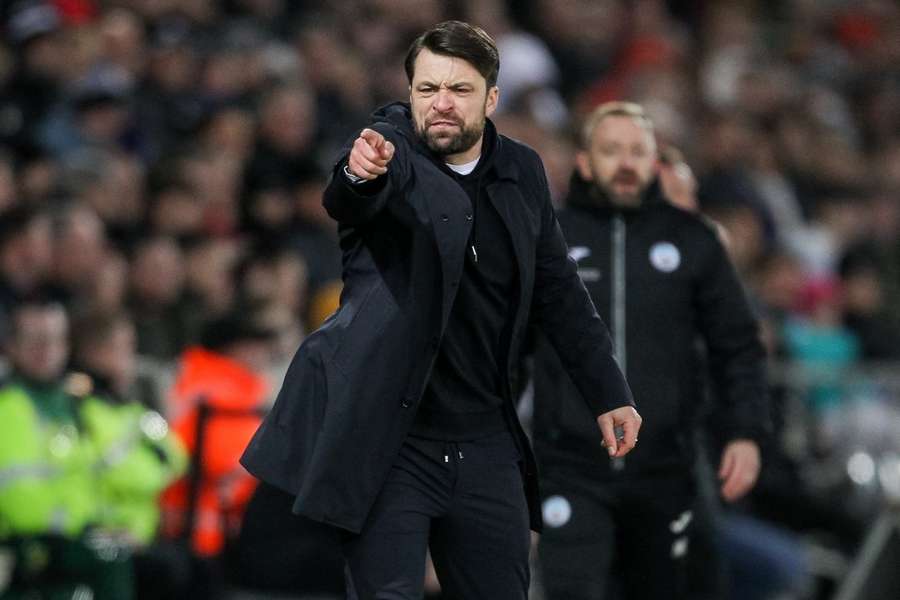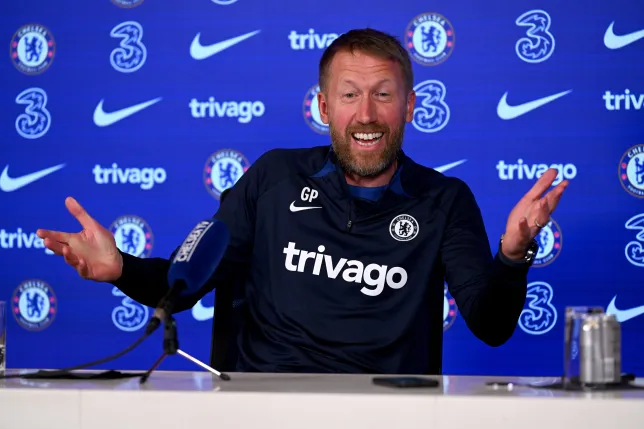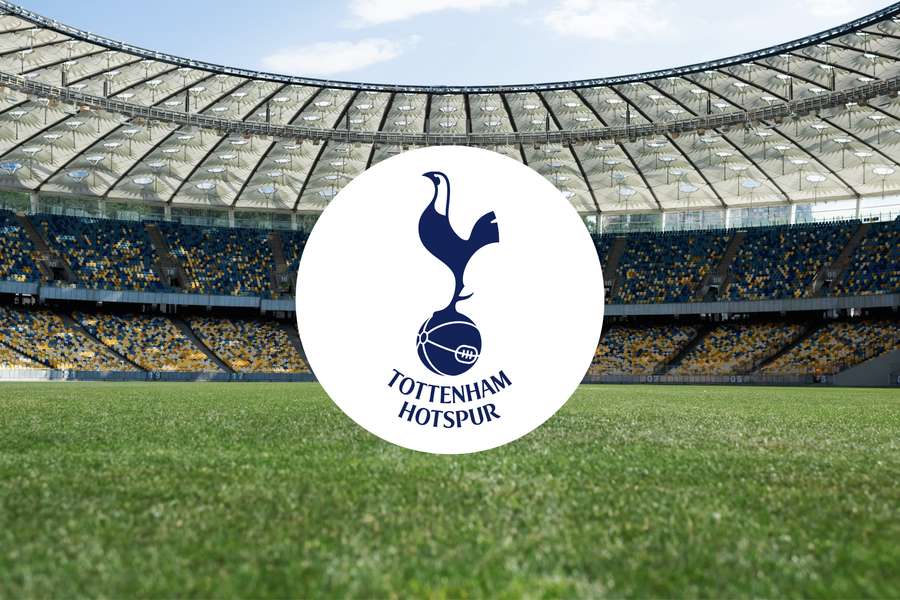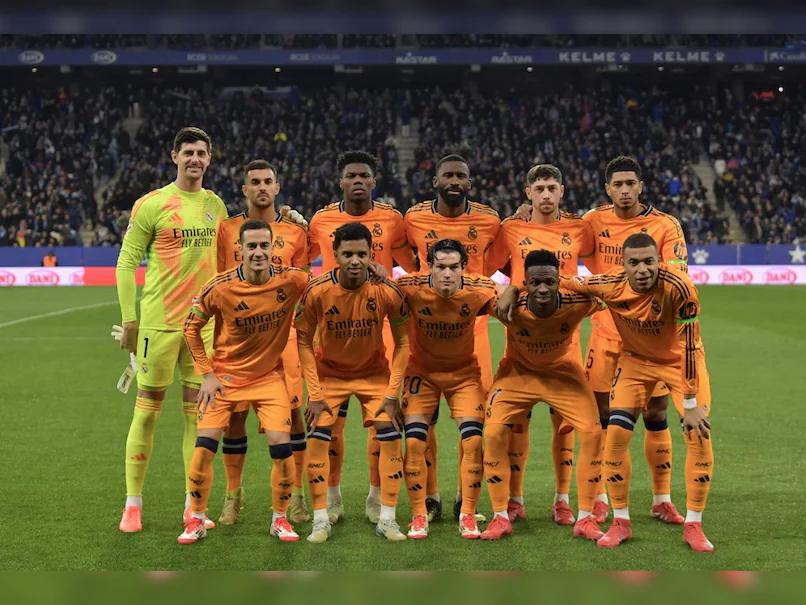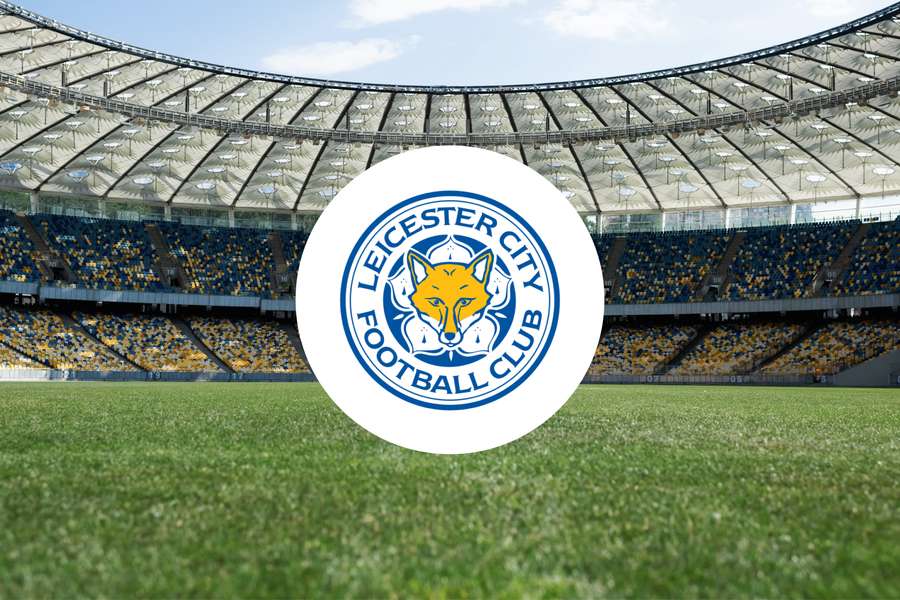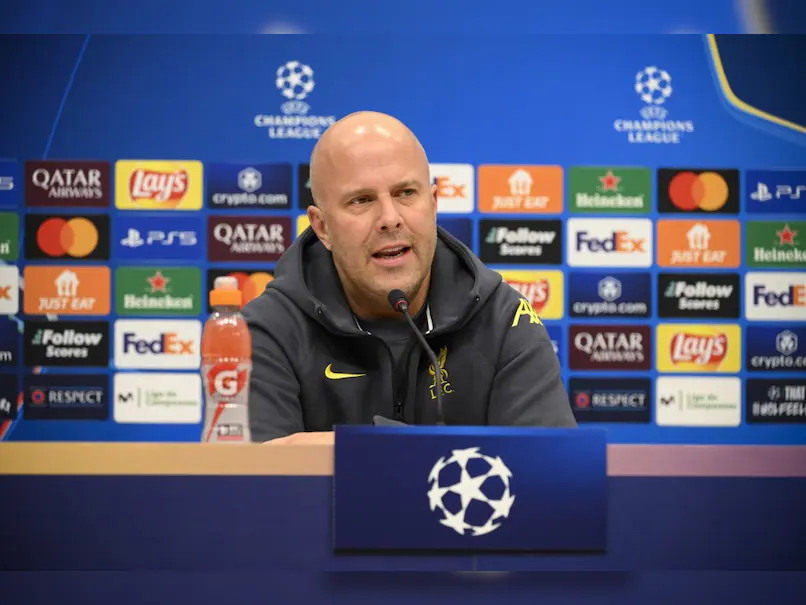Is Ruben Amorim the perfect fit for Man Utd? Sporting coach who delivered first title in 19 years eyes Premier League challenge

It was only a matter of time before Ruben Amorim landed a prestigious coaching job in Europe. Leading Sporting to the title at just 36 years old in 2021 made it clear that he was destined for greatness. And his successful title defense the following season only solidified his reputation as a top-tier coach.
Sporting recognised that this was a special talent very early, famously paying a huge release clause after his spectacular start at Braga. They bet on his tactical mind, his fierce commitment as a player, but more than anything on the power of his personality.
In conversation with a series of Portuguese coaches, some of whom have pitted their wits against Amorim in his native country, we will explore his rise, what it is that makes him so impressive as a coach, and, crucially, whether this can be translated into his next job.
Amorim, the player, was part of a fine Benfica team, winning three league titles in Lisbon. He was good enough to make Portugal's World Cup squad in 2010 but is remembered as a worker, in midfield or at right-back. A team man who brought unity.
Injury forced him to retire early at the age of 32, fast-tracking him on a new path as a coach. His time at Casa Pia, then in the third tier, was curtailed as he was forced to resign with the club facing punishment because he did not have the required licence.
TrendingAmorim then rejected a role with Benfica's B team, opting to take Braga's instead, where he would have more control. He ascended to the top job within months, taking them from eighth to third, going unbeaten in the league and winning the Taca da Liga.
Sporting were so convinced that they acted swiftly, paying his eight-figure buy-out clause, making him one of the most expensive managerial hires in history. He repaid them with a first title in 19 years in his first full season, bringing clarity at a chaotic club.
'Really intense'
A Benfica fan as a boy, he recalled watching tapes of the great AC Milan side too, but it is Jose Mourinho who he describes as a reference point for his coaching career. He even visited Mourinho to learn from him during his time at Manchester United in 2018.
A scrapper as a player, he shares that underdog spirit, that siege mentality. "I am a bit like that. I identify more with the other side, more thinking about how I am going to beat the opponent and how I am going to try to make sure they do not score goals."
Vasco Seabra, former head coach of Estoril, Sporting's neighbours along the coast, confirms that Amorim's teams reflect his work ethic.
"His team is really organised and fights a lot," Seabra tells . "He is always trying to improve his players too. He works with young talent but also with experienced players as well and what they all have in common is that they fight. They are really intense."
It was his character and leadership that helped him to turn things around so quickly in his first two jobs in management. There is a charisma to Amorim that shines through in one-on-one meetings with his players and the face he presents to the world's media.
"I think he wins a lot with his communication," says Seabra. "It is really, really good. His message is clear and it is easy to understand. The players connect with him easily. Even on the outside, for the reporters and the public, it is really simple and really concrete."
Vitor Campelos, head coach of Portuguese top-division side AVS, knows Amorim well having also faced him with Chaves and Gil Vicente in recent seasons. He echoes this view of the now 39-year-old coach as an expert communicator off the pitch.
"He has this positive mindset, a really good mentality," Campelos tells . "He has created a good connection between him and the players and also with the president. He is always straight with the players and even with the press he is a straight person."
'An ability to shape diamonds'
There is no doubt that Amorim's reputation as a player in Portugal has helped him to get his ideas across quickly. "He has this add-on having been a player and, with having these ideas as well, that puts him on another level," Joao Nuno Fonseca tells .
Fonseca was the assistant manager of Benfica B during Amorim's rise and is particularly appreciative of the work that he does with young players. Sporting boast one of the best academies around but had previously been unable to make that count like Benfica.
"The work that he has done and is continuing to do in developing young talent is the biggest reason for his success," Fonseca explains. "Sporting have an amazing academy with a lot of talent. And Ruben is a coach who has an ability to shape diamonds."
He adds: "I know how difficult it is to manage those egos at Benfica. Making that step from the youth to the first team, you need to have a certain sensibility. At the same time, the president is demanding performances and results. He has delivered all of it."
'Likes to bet on young players'
Having lost star player Bruno Fernandes to United just weeks prior to his arrival, Amorim built a new team - a better team. "He is the kind of coach who likes to bet on young players," says Campelos. It was a gamble that ended Sporting's long title drought.
Pedro Porro, now at Tottenham, came in on loan from Manchester City. Matheus Nunes, now at City, was introduced in midfield. Tiago Tomas and Nuno Mendes were blooded from the academy. It was young Pedro Goncalves who fired Sporting to glory that season.
Mendes left for Paris Saint-Germain at the end of that campaign, key midfielder Joao Palhinha departing for the Premier League alongside Nunes the following year. The sales brought a brief dip in results, corrected emphatically last season, but big profits.
Executives take note of such things. "Big clubs are looking at him because they understand that the academy brings profits," says Fonseca. "I would say his biggest quality is the human side and how he has been able to shape those diamonds that he has."
That Amorim has been able to rebuild is a testament to his tactical acumen. New heroes have emerged, including English winger Marcus Edwards and striker Viktor Gyokeres, signed from Coventry in 2023, whose goals have taken Sporting back to the top.
The formation remains the same, it is the base from which he works. "It is difficult because he always plays with that line of five," says Seabra. Others would describe it as a 3-4-3 formation in possession. "When they are defending, it is 5-2-3," says Campelos.
"He likes to have technical players in the forward line with the two wingers, Edwards and Pedro Goncalves." Edwards has blossomed under him. "But the biggest surprise here is the striker who was in England. He is an amazing player. He is strong and he is fast."
Europe has been more testing, although Sporting did eliminate Arsenal from the Europa League in 2023. "Ruben has a tactical flexibility. He bases it on the opponent, particularly in Europe. He always considers the weaknesses of the opponent," says Fonseca.
"He plays a high defensive line most of the time and is good on transitions. It is still a positive game idea based around ball possession. This arrogance in the playing style is very positive for young players because they have this no-fear mentality. That is key."
'An amazing coach'
It is easy to see why such a coach would appeal to Europe's biggest clubs, although prising him away from Sporting has been awkward - and not just because of his release clause. Loyalty and the control he enjoys have also been reasons for him to stay put until now.
"Even at Sporting, there is good money," says Campelos. "It is not so easy to change to another team. Ruben is waiting. He is smart. He is a clever guy. For sure, he is waiting to take the right step. Waiting for a team where he can have success."
There is confidence, however, that when he does choose to leave, he will succeed. "I think he is ready to be in the best leagues," says Seabra. Picking the right club is the important thing now. He has been patient. "I think it is a result of his personality," says Fonseca.
"If a big Premier League club calls, he will discuss it, of course, because he has big ambitions. But when the club gives you the conditions to work, when you feel adored by the people around you, why would you change to something that is unpredictable?"
It is a mistake that Andre Villas-Boas made when taking the Chelsea job after just one season at Porto. In a sense, Amorim has already avoided that error by continuing his education at Sporting this long, mirroring the decision of Xabi Alonso to stay at Bayer Leverkusen.
"In Portugal as in England, you have good coaches and not-so-good coaches," says Campelos. "Sometimes clubs just want a Portuguese coach who has nothing in common with those who succeed. In Portugal, we are thinking, 'Oh no, that team will have problems'."
But Campelos does not put Amorim in that category. of his peers do. "I think Ruben is an amazing coach," says Seabra.
The Premier League could be about to find out.
RELATED STORIES

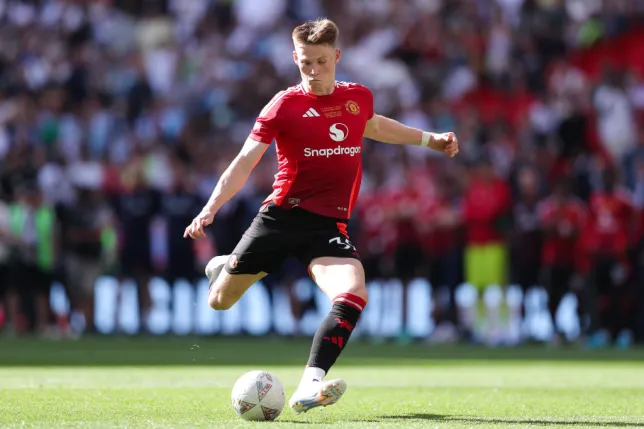
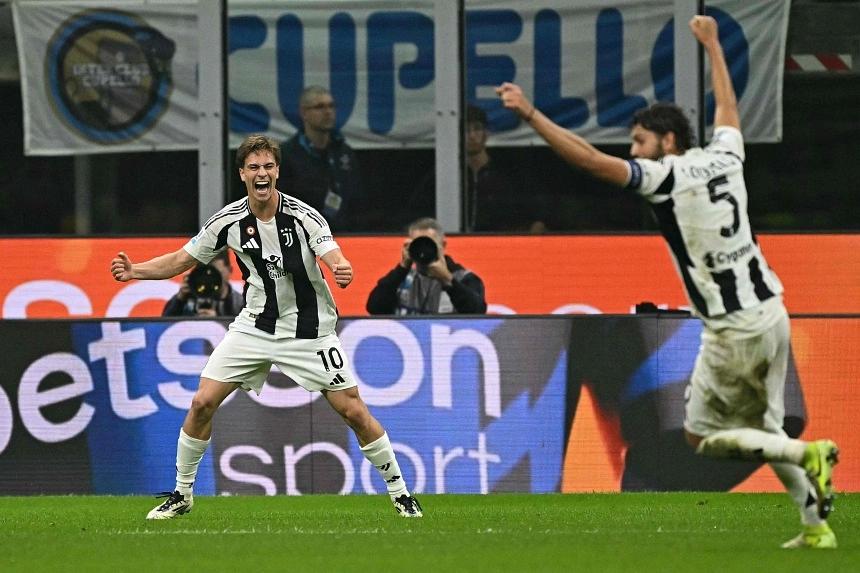
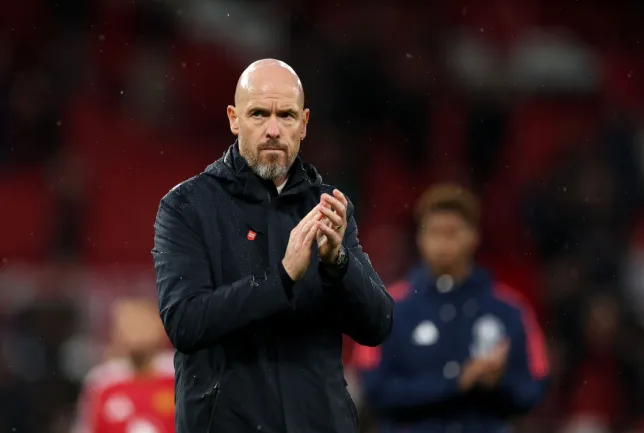

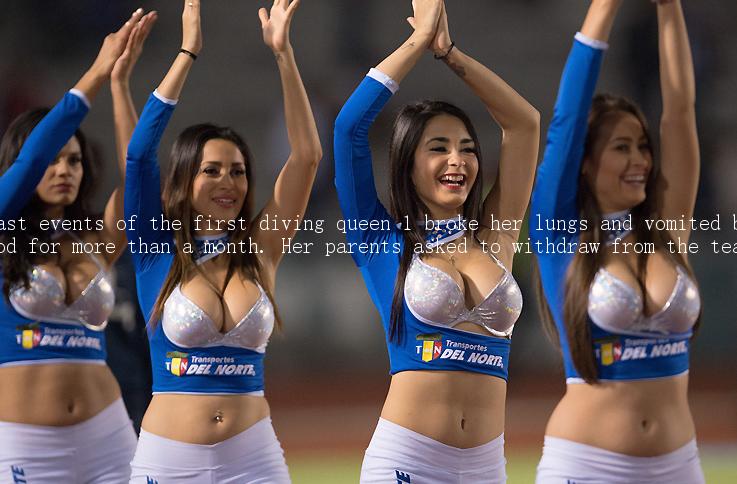
LATEST NEWS
